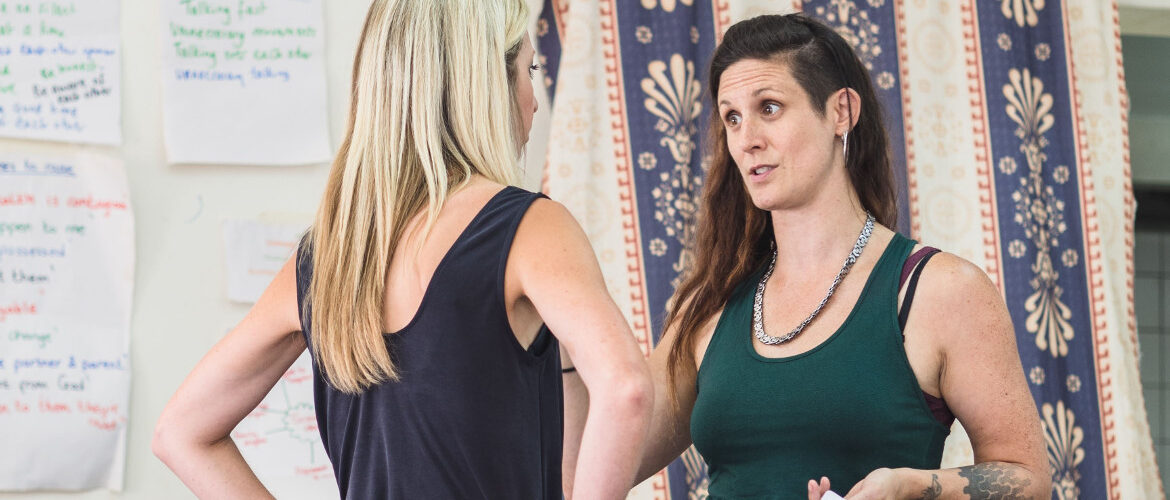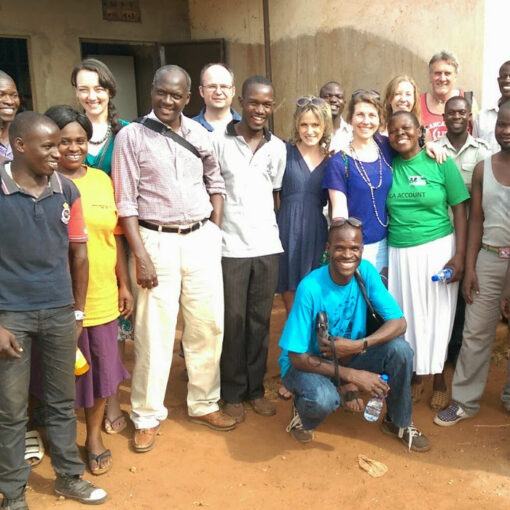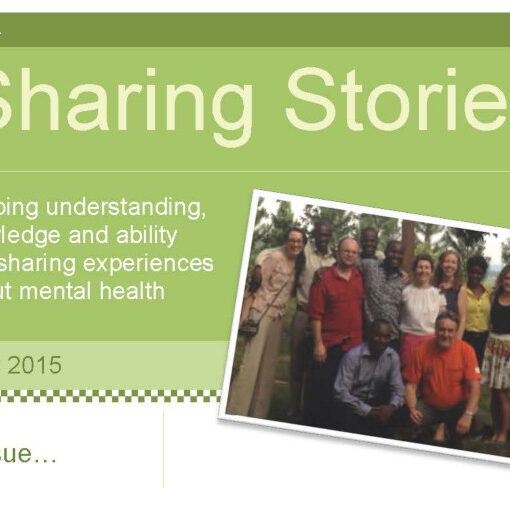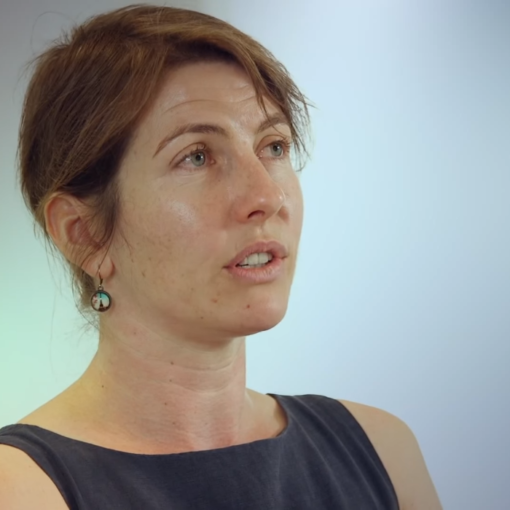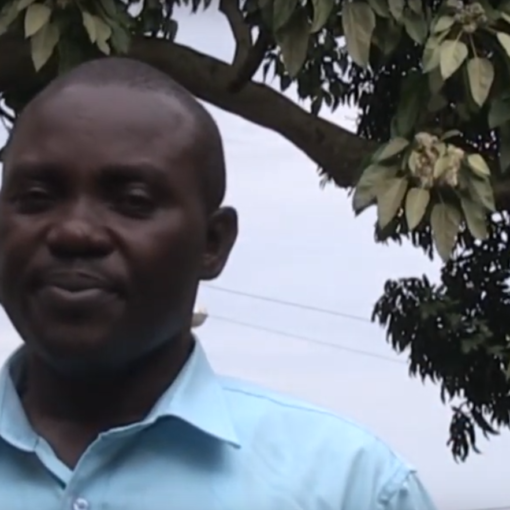Back in 2016, Sharing Stories joined forces with Odd Arts to pilot a Forum Theatre project in Manchester and Liverpool. These events brought together people with lived experience of using mental health services to produce a powerful performance piece helping to challenge stigma around mental health.
After the success of these events, we spent the next two years working hard to secure grants, fundraise, plan, and organise a Forum Theatre project in Uganda. This took place in July 2018. We worked with people who have used and worked in mental health services across the country, including many who now offer peer support to people experiencing difficulties. This international project came to fruition last week and it was truly life-changing. Sharing Stories and Odd Arts would like to thank MAITS, The National Theatre in Kampala, Butabika Hospital and the Recovery College, and everyone who helped and joined in with the production.
In this final blog, the Sharing Stories and Odd Arts team members share their immediate reflections following the project.
I was lucky enough to be part of the Sharing Stories work in Uganda in 2015, so I felt particularly fortunate to be returning to Kampala a second time. Despite not having a theatrical bone in my body, I thoroughly enjoyed working with Odd Arts in Manchester, so I was excited to see how this innovative approach to tackling stigma would work in a different context. When we visited in 2015, we heard a lot of stories about how the societal narratives around mental health made it more difficult for people to recover and live the lives they wanted to. As the Forum Theatre production came together, I was struck by how these same themes affected our characters. The performance covered the impact of stigma on people’s sense of identity, their families, their relationships and their prospects for the future. I hope that this piece of work contributes to sustainable and longlasting change in our societies and communities – both in Uganda as people take forward the ideas and techniques used, and in the UK, as we bring the reflections and learning into the work we do back home.
Will Curvis
Clinical Psychologist & Clinical Tutor, Doctorate in Clinical Psychology
Lancaster University

It never ceases to amaze how a group of people from diverse backgrounds and with very different experiences of mental health services are able to become a tightly knit group of friends who can produce something amazing that most of us would never dream of attempting. Clearly, the way that this process was led by the Odd Arts team is vital to making things work, allowing everyone to feel safe and able to express themselves freely. Of course, this was the first time it had been done in Uganda and we didn’t really know if it would work in the same way as other countries and cultures. We should have known that the warm and outgoing nature of the people we work with would overcome any challenges to translation of the concepts (or following our far too rapid chatter when we got excited about something). Ultimately, the strength of character of the people taking part shone through in the performance. My excitement now lies in the plans that were formed by various groups in Uganda to run their own forum theatre events to continue to drive societal change on issues that matter to them. One performance at the national theatre have been good, but to see the enthusiasm to use the technique again and across the country is incredible.
Rob Parker
Programme Assistant, Doctorate in Clinical Psychology
Lancaster University

Uganda, Uganda, Uganda. I will never forget the lingering eye contact and heartfelt handshakes, which both greeted and welcomed me. The Sharing Stories project was a journey of acceptance and empathy. Service users and service providers all working together to challenge stigma around mental health and share their stories in a safe space.
The process of creating Forum Theatre is a restorative one, working with people and empowering them to share their stories to create the narrative. Uganda is a country that values the power of the community and therefore they embraced this method wholeheartedly… and nailed it! Every single person chose to act in the final performance; Ugandans have drama in their bones.
Participants were so open to all the varied activities we introduced and one participant said: ‘ The activities are full of laughter and I like the kind of humour they create in us’ (JJ Paul) Working cross culturally has been a welcome challenge. It can be a creative process in itself trying to find alternative ways of expressing a point, to people whom English is a second language, and I cherished this process.
During the training on the fourth day, I wondered how much of the technical detail had sunk in but was reassured by one participant who reflected: ‘I have learnt about Maslow’s hierarchy of needs so many times over the years, and I’ve never understood it, you explained it very clearly, and now I understand it’ (Faith)
It was a proud moment for all of us to see the different groups put the training into practice by creating their own plans and trying out different activities on the rest of the group. I hope these skills are able to be taken forward enabling people to develop workshops in their communities about issues they are passionate about.
It was such a powerful project to be a part of and one I shall never forget. To quote another participant ‘We began from the unknown like strangers, now we are not only friends but family’ (Jimmy)
Jo Lane
Project Manager, Odd Arts

What I have taken from Uganda…
‘Take the time’: be ruled by the sun not your watch, greet people meaningfully
‘Tune in’: place importance on becoming attuned to the people you are working with, everyone has their own needs they are endlessly trying to get met
‘Laugh’: if you can find humour you can connect, if you can get the same message across with a game people will engage
‘Join hands’: leadership is about facilitating others to where they want/need to be, they are the ship and oars, you are the current
‘Move’: movement stimulates thinking, you can achieve movement in your mind by moving your body
‘Speak your truth’: if time and space is protected and guaranteed people can speak their truth, say what is inside not what is outside
Kim Keegan
Trainee Clinical Psychologist
Lancaster University

The most memorable day of the week was on Wednesday; workshop day 3 and the Forum Theatre event in the Uganda National Theatre. The participants of the workshop had worked hard over the last three days to transform their personal experiences of stigma and mental health into theatrical scenes, and it was clear that many of them felt anxious to display this in front of an audience, including a representative from the Health Ministry. All of us at Sharing Stories and Odd Arts had put in efforts beyond my imagination and it was felt by everyone. Becky and Jo from Odd Arts were doing final rehearsals and vocal warm ups, Jo then led the play and the crucial participatory part of Forum Theatre; Jen was fearlessly passionate in doing her speeches to address the audience about the project; Rob was magically managing all the technical parts of filming the event; Will was managing the sound and lighting of stage, which required telepathic efforts of knowing when the participants would come to stage as he heard nothing from where he was located in the theatre; Sam Ouma joined Kim and I in managing all the anxieties backstage, telling people when their scene was next, and holding people’s hands telling them that we believe in them and that they can absolutely smash it on stage… It all ran like clockwork with very minimal verbal communication between us all, and I thought that evening captured the concept of Sharing Stories perfectly. It was, and still is, a privilege for me to be part of this group.
It was uplifting to see how the communities in Uganda support one another when there are no mainstream alternatives to mental health support – you either go to a traditional healer, sometimes described as “witch doctors”, or be admitted to a psychiatric hospital where recovery is not always guaranteed. I felt so much warmth from everyone who took part in the workshops and shared their lives with me, as well as expressing a genuine interest in my life. It was also heart-breaking to experience poor water sanitisation, to see poverty and how scarce their resources are. One of the participants asked me how to make depression go away, and after talking to him for some time, I said to him that I hope these western ways of managing hard times are helpful to him; it was a beautiful moment when he said, “depression is the same everywhere, doesn’t matter if it is here or where you are”. I realised that this is true, there is no ‘them vs us’ or one being better than the other, and that working with Sharing Stories has encouraged me to learn that, on top of all these experiences, we all hold hope for overcoming stigma in mental health. This trip really was one of the most beautiful experiences of my life.
Jo Latham (nee Cheng)
Clinical Psychologist in Paediatric Cardiology
Bristol Royal Hospital for Children

The interactive Forum Theatre approach is favoured by us in schools and prisons to tackle radicalisation; abusive relationships; anxiety and self-harm, to name a few. Forum Theatre asks the audience to become the ‘spectactor‘ in which the spectator and actor become blurred. The performance is created by the ‘oppressed’, developed by involving them in games, discussion, role-play, mime or imagery to explore their feelings and experiences and the challenges or ‘oppression’ they face. The performance concludes often with an unsolved ‘problem’ which is posed to the ‘spectactors’ as something they can then influence and change. This is done by inviting them to stop the performance in order to try out solutions as a ‘rehearsal for reality’. As opposed to the traditional cathartic approach where theatre ‘cleanses’ the audience, Forum Theatre relies on audiences taking an active role and gives responsibility to all those watching to make change.
It was great to go back to traditional forum theatre, in an environment where arts, creativity and expression is part of the culture. The people we worked with were progressive and innovative; although a lack of funding seemed to hold back mental health services. We began the week with no idea of what would be told, created or performed, but knew every game, exercise and role play would be exploring wider themes of stigma.
Rebecca Friel
Director, Odd Arts
(For more reflections from Rebecca see https://oddartists.wordpress.com)

This is the fourth time I’ve been to Uganda with Sharing Stories work and each time I come back with a renewed sense of how privileged I am. This is not just because I am white and middle class and from a high-income country with all the power and trappings that brings. It is also because Sharing Stories has brought me the opportunity to work alongside some incredibly wise, creative and resilient people from both Uganda and the UK. I think our Sharing Stories group attracts certain sort of people. People who are motivated to reduce injustice, people who are ready to offer themselves and their experiences very generously and people who are not afraid to connect with others – or even if afraid they do it anyway. Collaborating with Odd Arts UK for this project has been a joy. Frank, curious conversations and LOADS of games have underpinned the work. I have been reminded of the importance of trust – without this, little is possible, with it, most anything is achievable. Playing and laughing together, taking a leap into vulnerability and sharing painful moments builds a bond that lasts. And that is why when we got to the performance at the National Theatre it was mind-blowingly real and powerful. People’s particular strengths were recognised, everybody in the group had a role and inclusion was at the heart of everything. And what moved me most was people’s passionate conversations afterwards and the pragmatic plans being made to carry this work with theatre and performance forward. I’ve come back to the UK determined to bring more ‘play’ into my every day.
Jenny Davies
Clinical Psychologist & Clinical Tutor, Doctorate in Clinical Psychology
Lancaster University

